
Atticus Finch: A quintessential “intelligent Southerner” – of a type now Gone with the Wind?
* * * *
 My last post – An early post-mortem – started with a note about my brother and I just finishing a four-day, 115-mile canoe trip down the Missouri River. (From Sioux City to Omaha, on July 12.)
My last post – An early post-mortem – started with a note about my brother and I just finishing a four-day, 115-mile canoe trip down the Missouri River. (From Sioux City to Omaha, on July 12.)
But then I went on to take a look at “this time last year.” As a result of that, I did a combination-post using three draft projects I started a year ago. (“This time last year.”) That is, I combined those three draft-posts into Early post-mortem, to make one long post on those long-forgotten projects. (Plus the canoe “early post-mortem.”) Those three draft posts were on: 1) Gerrymandering, 2) humor as a weapon, and 3) – briefly – an ongoing book-project I’m working on, “My Adventures In Old Age.”
And why did I do that? Mainly because a “full postmortem account” of the canoe trip would “take time, and I’m long overdue to submit a new blog-post.” So here’s another delay in doing that full post-mortem.. But as it turns out, this project led to a “foreshadowing” post that I did about an earlier canoe-trip adventure…
To explain, once I got back home I started re-reading American Home Front: 1941-1942. In doing so I found a great quote for these challenging times. I’ll get to that quote later, but first want to note that two years ago I also started a review-post of the Home Front book. And in reviewing it I found some notes relating to my recent canoe-trip. Plus some good historical tidbits.
I wrote this first rough-draft paragraph for that review-post back in September, 2018:
For my recent long drive up to Canada – for my “Rideau Adventure” – I borrowed a book-on-CD from the local library: The American Home Front: 1941-1942, by Alistair Cooke
And today, aside from having both the book and DVD version of Cooke’s “America” docu-series, I now have the book version of his American Home Front. (Published in 2006, two years after his death.) And as noted, I started re-reading it again, once I got back from my latest canoe trip. In doing I found the following particularly relevant passage. It’s particularly relevant to me anyway, and I suspect to other people as well. People who may wonder “where did that guy go?”
The intelligent Southerner gives an impression you seldom meet elsewhere in America of having his own standards and of respecting you as a mature stranger while he keeps his own reserve.
“Intelligent Southerner?” “Respecting you as a mature stranger?” “Keeps his own reserve?”
 Those phrases don’t come readily to mind today, whether after a session on Facebook or viewing a host of bumper stickers with sentiments like “Liberalism Is A Mental Disorder.” (To which you might reply, at least rhetorically, “Of course the only thing worse is a grumpy, bloated old white man threatened by change in the world.”) Which brings up Cooke’s comparison of that intelligent Southerner to most of the civilians he found around Louisville, the nearest big party town to Fort Knox – illustrated above right* – in March, 1942.
Those phrases don’t come readily to mind today, whether after a session on Facebook or viewing a host of bumper stickers with sentiments like “Liberalism Is A Mental Disorder.” (To which you might reply, at least rhetorically, “Of course the only thing worse is a grumpy, bloated old white man threatened by change in the world.”) Which brings up Cooke’s comparison of that intelligent Southerner to most of the civilians he found around Louisville, the nearest big party town to Fort Knox – illustrated above right* – in March, 1942.
Cooke compared his intelligent Southerner (now mythical?) to the swarms of young people he saw as civilians in Louisville. And to the swarms of soldiers around town, from nearby Fort Knox. He said the civilian high-school boys he saw were “gawky and lifeless,” while the faces of their female companions were “innocent of any flicker of intelligence.” But to his credit, Cooke admitted – of this American town – that this was “an atmosphere that no European need feel strange in. For it is the seeping seediness of English provincial towns.”
And just as an aside, it seems to this Old White Man – old but not grumpy – that way too many Americans these days have chosen that “seeping seediness.” But as for me and my house – or at least for me – “I will choose the way of the Intelligent Southerner.” Or try to anyway.
Nope, this “Georgia Wasp” still gets a kick out of life. And from now on I’ll cling to my own standards, while at the same time keeping my own reserve, and also trying to respect other all Americans as mature strangers. That’s going to be the hard part…
But getting back to my “Rideau Adventure.” Here’s a quote from the notes:
Another note: For the next canoe trip I’m getting a bigger tent and a cot. (No more sleeping on the ground for me.) But that trip won’t happen until at least 2020, as next summer my brother, his wife and I plan to hike the Portuguese Camino.
Which turned out to be right on point. The next canoe trip did happen in 2020, and it happened despite the fact that I fully intended – this summer of 2020 – to either join my brother and his wife on another Camino hike in Spain. Or – if that didn’t happen – to fly back to Israel to Walk the Jesus Trail. Of course neither overseas flight-plus-adventure happened this year, because of the COVID-19 pandemic. But who could have seen that coming, back in 2018?
Which brings up an email exchange shortly before we both left home to meet up in South Sioux City. (My brother from Utah, me from the ATL.) He reminded me of things I needed to bring, including a tent. He then added, “There would also be room for a folding cot…”
I wrote back: “A folding cot would be nice, but I only have that small two-person tent. Of course I could get a bigger tent, what with my stimulus check and all, but I’m wondering how many more canoe trips we’ll be doing. (Cost-benefit-wise.)” He answered, “I too wonder about how many more canoe trips. But I would imagine we’d be able to canoe great distances longer (age-wise) than walk great distances. The question is, is the interest still there.”
Just for the record: First, that was a good point about being able to canoe great distances longer than walking great distances. (At our age.) And second, the interest is definitely still there. That combination of Coleman Trailhead II Camping Cot and Ozark Trail 6 Person Dome Camping Tent made all the difference in the world. (Measuring 8-by-12 feet, instead my old 7-by-7 feet “two person” tent.*) That larger tent came in very handy on Saturday night, July 11. That was the night after my brother’s tent got destroyed by an 80-mile-an-hour windstorm…
But more on that in a later post!
* * * *

This gives some idea what happened at 1:10 a.m., early July 11…
* * * *
The upper image is courtesy of Atticus Finch – Image Results. Which leads to the question: “Why don’t we see more Southern Gentleman like him anymore?”
The “intelligent Southerner” quote is at page 40 of the Grove Press paperback edition of “American Home Front,” first published in 2006 “by the estate of Alistair Cooke.” For a New York Times review, see The American Home Front: 1941-1942, “Alistair Cooke’s America, Explored in Wartime,” or The American Home Front: 1941-1942 (Smithsonian.)
Re: “Fort Knox … above right.” Wikipedia caption: “A tank driver at Fort Knox in 1942.”
Re: Walking the Jesus Trail. A hike offered by Saint George’s College Jerusalem:
This course, new to St. George’s College in 2020, offers an exciting opportunity for pilgrims who wish to experience the land from an entirely different perspective: walking. The course will spend five days following segments of the Jesus Trail in the Galilee [(www.jesustrail.com] from Sepphoris (Zippori) near Nazareth to Capernaum, staying each night in a guest house or hotel along the way. Walkers will only carry day bags; luggage will be sent to the next guest house via the bus.
The lower image is courtesy of Windstorm In A Tent – Image Results. It was said to be accompanied by an article in the Kathmandu Post, “Storms compound lives under tent.” But when I clicked on “View Page,” I was advised, “Sorry, the page you are trying to access does not exist. But maybe the search gods can help you find what you’re looking for.” So I typed in the “storms compound” headline and got kathmandupost … storm-compounds-lives, from May 23, 2015. The subhead read, “High winds and thundershowers on Saturday evening added to the hardships of people taking refuge in tents in open spaces after the April 25 earthquake displaced them.” I’ll explain the differences in the two situations in a later post, but for now let’s just say that our situation involved only my brother and I, two people in two separate tents. But the photo does give you some idea what we went through, from 1:10 to 1:50 a.m., that Friday night/early Saturday morning, July 10-11, 2020. (Also, note the alternate spelling, “Katmandu | Bob Seger.”)
* * * *
For some reason I put this note from a “president unfit” search in an early version of this post: “I got to that article (3/30/20) in The Boston Globe by starting to Google ‘a president ignored,’ based on a Washington Post article I’d just read. (See A president ignored: Trump’s outlandish claims increasingly met with a collective shrug.) But right after I typed in ‘a president’ the Google-phrase ‘president unfit for a pandemic’ came up. That led in turn to a number of media outlets reporting the Globe’s story; I saw 34,800,00 ‘search results’ from the Google-phrase. (Incidentally, the subtitle to the Globe article: ‘Much of the suffering and death coming was preventable. The president has blood on his hands.'”
I’m not sure what I originally intended that quote to relate to. (Freudian slip?)

 I called the first draft of this post, “Cultural elites and Trump.” But then I ran across – at a local library days ago – the 2017 book,
I called the first draft of this post, “Cultural elites and Trump.” But then I ran across – at a local library days ago – the 2017 book,  Or consider the conclusion of
Or consider the conclusion of  Which got support in articles like
Which got support in articles like 
 The lower image courtesy of
The lower image courtesy of 
 I learned something new about
I learned something new about  Nevertheless, this was the man some Christians called “
Nevertheless, this was the man some Christians called “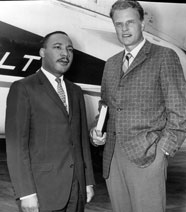 But see
But see 

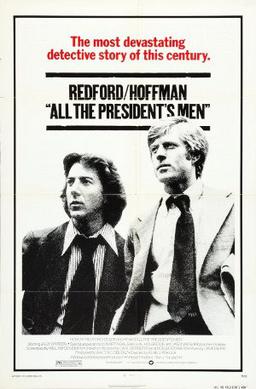 The answer? “Not necessarily.” Which brings us back to the years from 1972 to 1974. Back to “
The answer? “Not necessarily.” Which brings us back to the years from 1972 to 1974. Back to “ And once they testify, a prosecutor – or Democratic Congress – can start building a case against Trump for obstructing justice. For one thing, granting pardons to hide a criminal act is a criminal act itself. Which brings us to the old saying, “
And once they testify, a prosecutor – or Democratic Congress – can start building a case against Trump for obstructing justice. For one thing, granting pardons to hide a criminal act is a criminal act itself. Which brings us to the old saying, “

 For five nights of that 10-day trip, we all stayed with my aunt in
For five nights of that 10-day trip, we all stayed with my aunt in 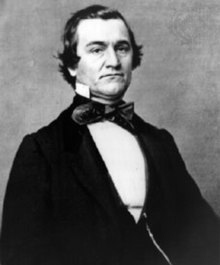 I was hooked from the first page.
I was hooked from the first page.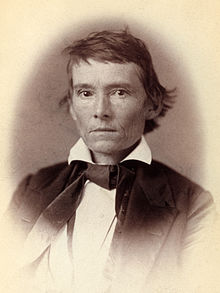 The first 36 pages of
The first 36 pages of  Which brings up the subject of “splitting” in another context.
Which brings up the subject of “splitting” in another context. Which means that in times of great stress, people are more prone to say really hurtful, unproductive or downright stupid things. (Like ex-congressman
Which means that in times of great stress, people are more prone to say really hurtful, unproductive or downright stupid things. (Like ex-congressman 

 I recently got another book,
I recently got another book, 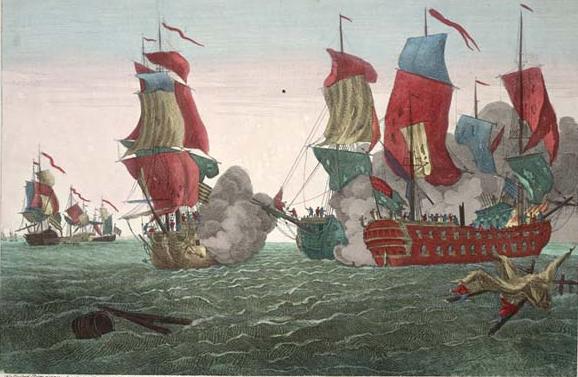 That included his signal victory over the British
That included his signal victory over the British  Those Russian enemies included Prince
Those Russian enemies included Prince  That is, such an accusation of “child rape” would have been bad enough under American law. But under Russian law, anyone convicted of such rape was “to have his head cut off or be sent to the galleys for the rest of his days.”
That is, such an accusation of “child rape” would have been bad enough under American law. But under Russian law, anyone convicted of such rape was “to have his head cut off or be sent to the galleys for the rest of his days.” The Wikipedia article also included the image at left, with the caption: “John Paul Jones and John Barry, honored on U.S. Postage, Navy Issue of 1937.” Note that Barry is one of at least three men – including Jones –
The Wikipedia article also included the image at left, with the caption: “John Paul Jones and John Barry, honored on U.S. Postage, Navy Issue of 1937.” Note that Barry is one of at least three men – including Jones – 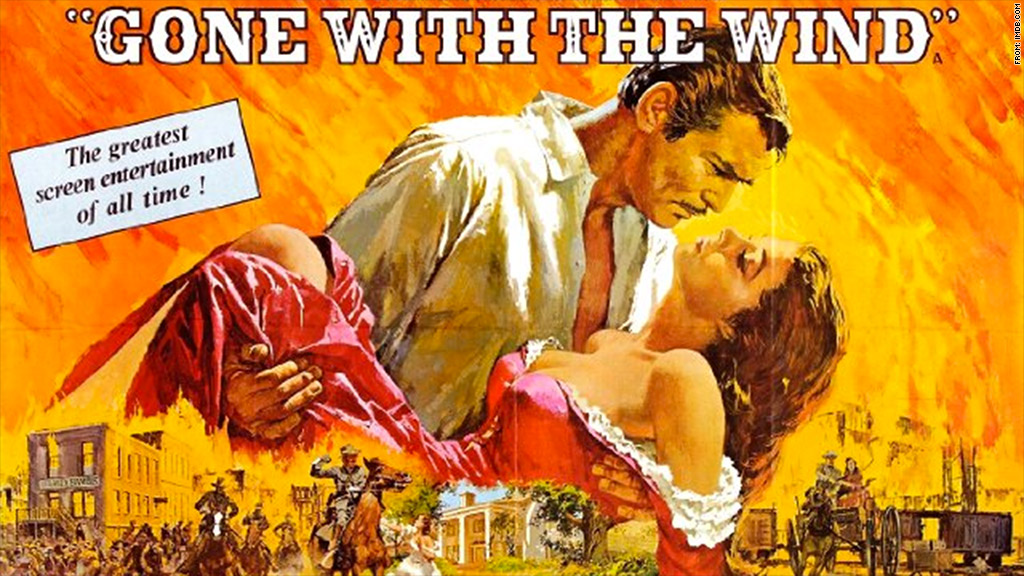
 So after I posted
So after I posted  But it was also only then – after getting home from Astoria – that I learned about Leslie Howard dying so mysteriously.
But it was also only then – after getting home from Astoria – that I learned about Leslie Howard dying so mysteriously. Personally I found this new information fascinating, and wondered why I’d never heard it before. (Including the part about
Personally I found this new information fascinating, and wondered why I’d never heard it before. (Including the part about 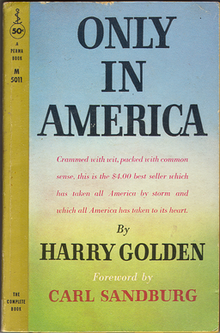 But despite it all, Harry still liked to “
But despite it all, Harry still liked to “
 Re: “happy accident.” Also known as
Re: “happy accident.” Also known as 
 In the meantime
In the meantime  Also in
Also in  Or I could listen to plain old CDs with music. (I had around 50 such CDs.) Or I could listen to pre-programmed music on my
Or I could listen to plain old CDs with music. (I had around 50 such CDs.) Or I could listen to pre-programmed music on my  All of which had to do with the fact that “After the comfort and the company of Chicago I had had to learn to be alone again.” (His wife flew out to meet him in Chicago, and for a few days they stayed at the “
All of which had to do with the fact that “After the comfort and the company of Chicago I had had to learn to be alone again.” (His wife flew out to meet him in Chicago, and for a few days they stayed at the “ And by the way, I’m pretty sure they didn’t have
And by the way, I’m pretty sure they didn’t have  One definite highlight of the stay in Atlantic City was a visit to the
One definite highlight of the stay in Atlantic City was a visit to the  (TWC-2, 46) As I wrote in my journal, “We laid Dad’s ashes to rest where the nice guy had dug a huge hole. Each of us said a little something, then we had a nice lunch at a ‘Fireside’ restaurant in Swedesboro.” (
(TWC-2, 46) As I wrote in my journal, “We laid Dad’s ashes to rest where the nice guy had dug a huge hole. Each of us said a little something, then we had a nice lunch at a ‘Fireside’ restaurant in Swedesboro.” ( “Old Swede’s Church [Trinity Church] in Swedesboro, New Jersey…”
“Old Swede’s Church [Trinity Church] in Swedesboro, New Jersey…”
 The first nugget of wisdom came on page 25, “A note in passing:”
The first nugget of wisdom came on page 25, “A note in passing:” There’s some debate whether the “Conservative Tide” in America is waxing or waning. See
There’s some debate whether the “Conservative Tide” in America is waxing or waning. See 


 The site noted the musical
The site noted the musical  (Emphasis added.) Note that term, “inherent messiness.”
(Emphasis added.) Note that term, “inherent messiness.” In later years, Jefferson recalled the Revolution as “clear moral conflict between right and wrong.” But Adams saw the Revolution as a chaotic event, a “
In later years, Jefferson recalled the Revolution as “clear moral conflict between right and wrong.” But Adams saw the Revolution as a chaotic event, a “